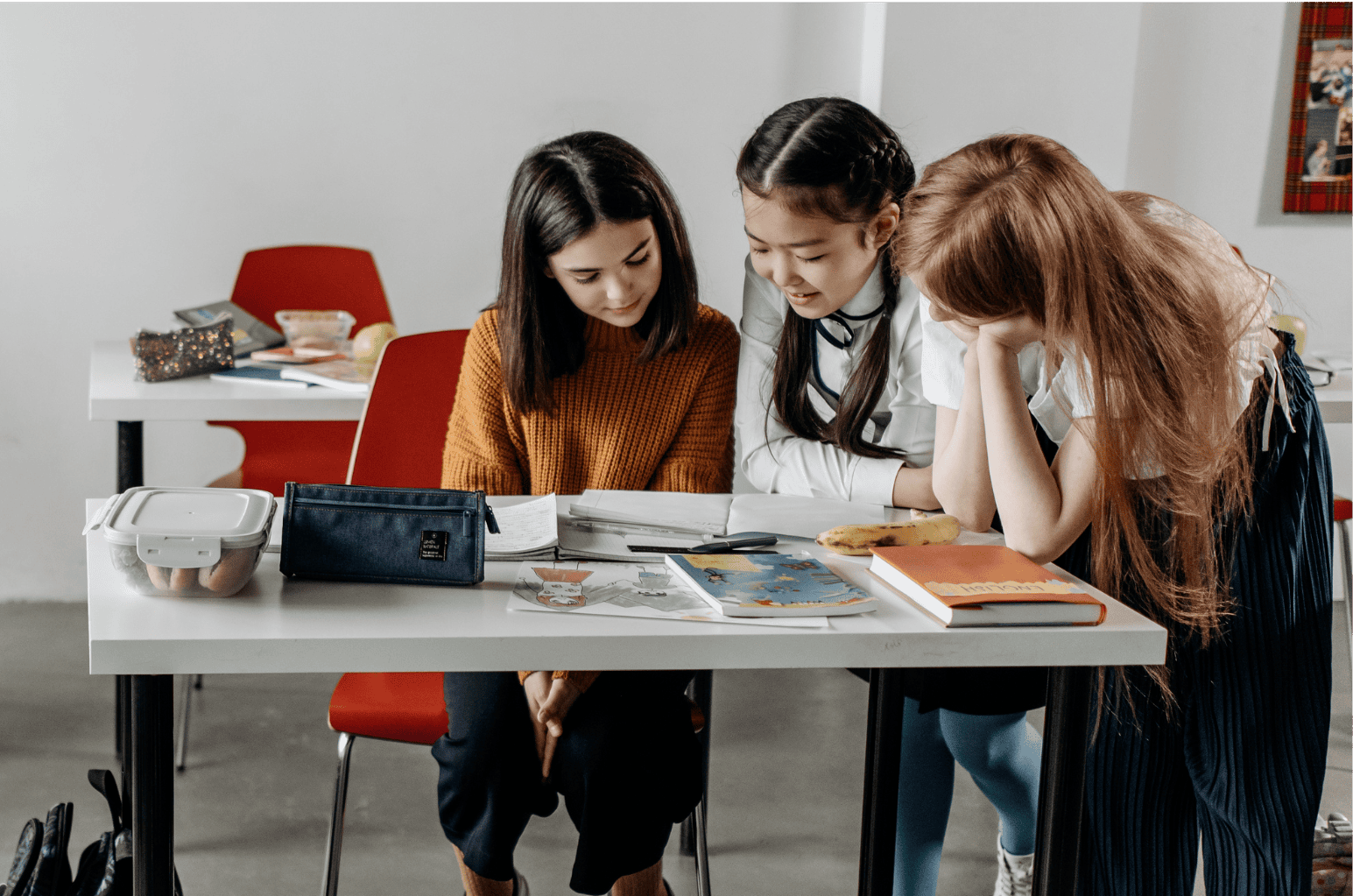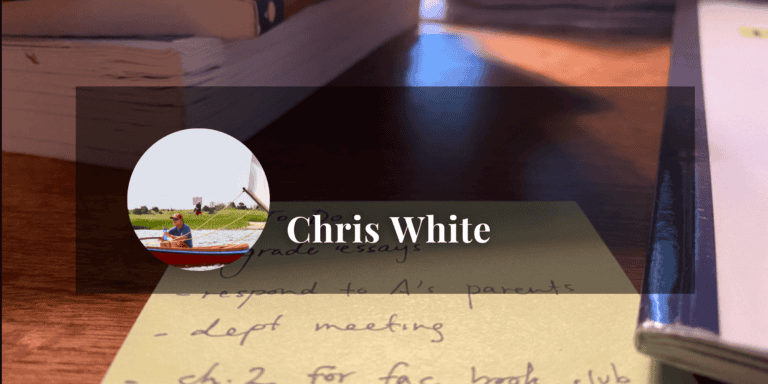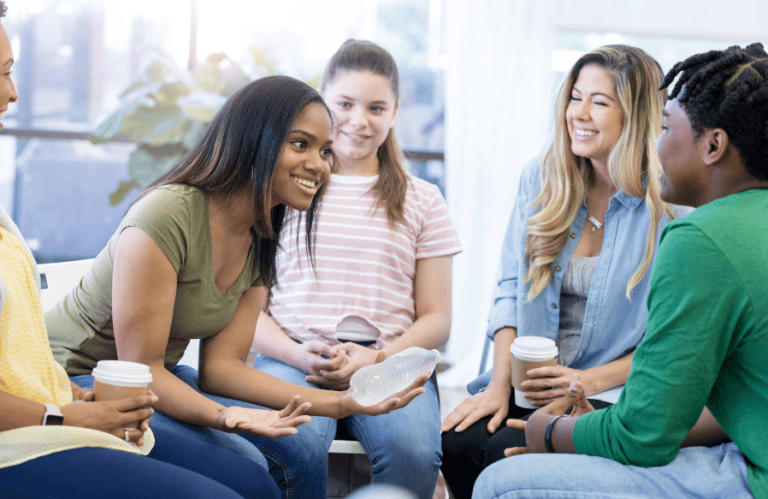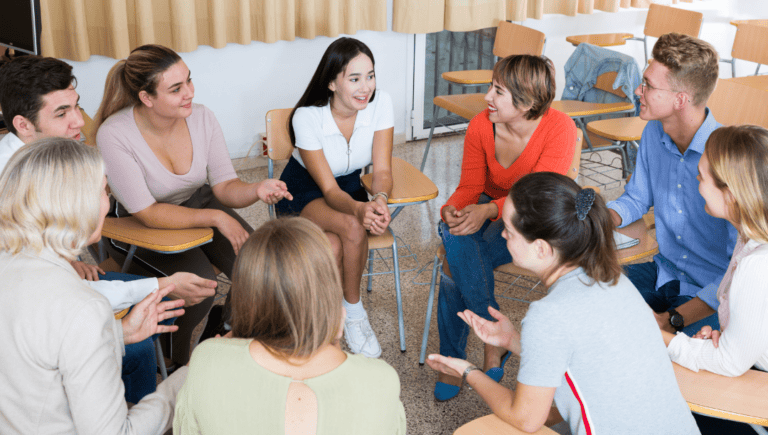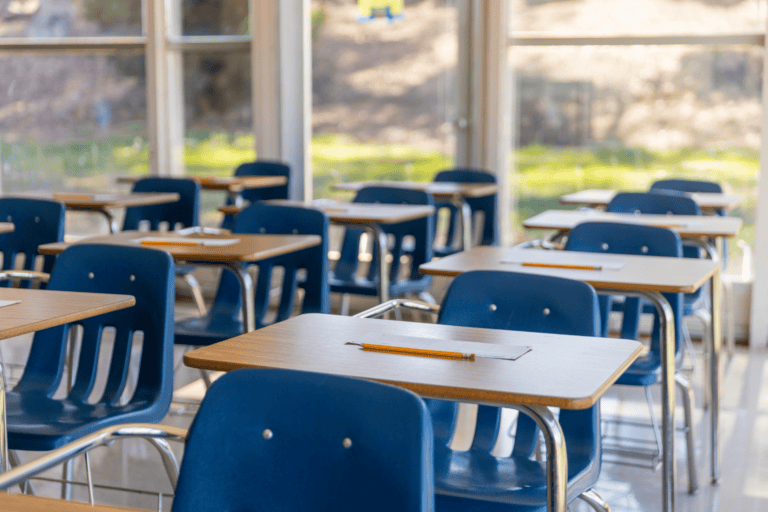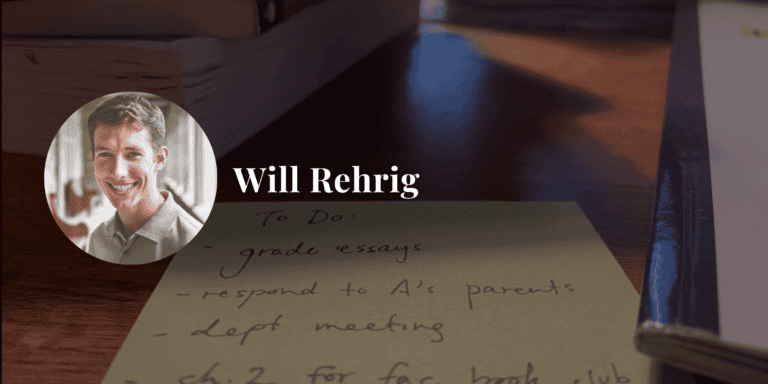REAL Teacher Feature: Kennia Reddrick
Thank you to Kennia Reddrick for sharing her REAL life with us! Kennia is a sixth grade reaching teacher at The Dexter Southfield School in Chestnut Hill, MA. Here are her thoughts on discussion, R.E.A.L.®, and learning.
Hometown: Foxborough, MA
Current City, School, Teaching Assignments:
I currently live in Foxborough, but I’m teaching sixth grade reading in Chestnut Hill, Massachusetts at the Dexter Southfield School.
Describe yourself as a student in three words:
Energetic, talkative, kind.
Who was your favorite teacher and why?

My favorite teacher was Mrs. Brown. She was a ninth grade ELA teacher, and she was just happy every single day, no matter what.
When it comes to class discussion, what is your “why”? What feels compelling and important about teaching these skills?
Teaching discussion skills is really helpful to students in their long-term lives. They really need to learn to collaborate, communicate, and digest what they’ve read.
Take us back to the first R.E.A.L.® Discussion you led – what were you worried about going into it? What surprised you about it?
I was worried about the students remembering what R., E., A., and L. stood for as they went through the discussion, but I was surprised by how fast the time went by as my students participated in the discussion, and by how engaged they seemed to be.
What has been your biggest success in R.E.A.L.® discussions over the years?
Success for me is that students understand why we’re doing it, and that they also want to participate in it. It’s nice when they think of class discussion as something they’re really eager to participate in.
What advice would you give to a teacher who’s about to start their first R.E.A.L.® discussion?
I definitely think that the orientation materials are helpful, and going through each element with students is really helpful. A tip I would give to any teacher that’s going to have a discussion is to do the orientation on your own first, then introduce it to students. The materials have lots of examples of how this could be applied in class, so you can see how the elements connect with what your students are learning.
How do you go about planning for a R.E.A.L.® discussion?
I always think about what the objectives of the discussion should be. What do I want my students to get out of it? Then I come up with discussion questions around that objective. We have a whole group discussion about the questions in general to get their minds brewing, then I assign them to specific literature circle groups.
When it comes to discussion, what are your top 3 learning goals for your students?
I really like for them to articulate their own thoughts and opinions about text or characters, build collaboration skills that allow them to pull classmates into discussions rather than cast them out, and develop reasoning skills.
Can you think of a moment you’ve experienced this year or last where a student had a breakthrough during a discussion? What did it look like? How did that feel as a teacher? Did you see it have an impact on the other students?
In one of my latest discussions, we were talking about Roll of Thunder, Hear My Cry and how one character navigated the challenge of being bullied and seeking vengeance. There was one student who actually had dealt with some bullying earlier in the year but also hadn’t really talked about it. He related the character’s experience to his own and said, you know, rather than seeking vengeance against my bully, I’d rather they learn from what they did in a positive way.
That was a hugely monumental, mature moment – that this student would want some type of restorative justice instead of seeking vengeance against his bully. He started to talk more about what his experience had been like when he was bullied, and how, obviously, something was going on with the bully rather than with him. I thought, wow, this is huge. He’s sharing this meaningful thing that happened in his life and how he navigated it, and he’s relating it back to the character in the book.
His classmates responded really well, which at the sixth grade level is surprising, because there’s always one silly billy in the group. But not during that discussion.
Have you encountered any discussion challenges? How do you approach them?
I would say first, in the fall, just making sure students really understand what R., E., A., and L. stand for. In sixth grade especially, students are just being introduced to how to use evidence from the text, so having pre-discussion ideas can be challenging. Having discussions about how to make those connections before engaging in a full discussion, either in writing or via informal conversations, has been helpful in navigating that.
What inspires you these days? Do you have a favorite quote right now?
I love when students have the lightbulb moments, and they are able to really understand something well, after a discussion, or an assignment.
What is next for you and your class? Where do you hope to take R.E.A.L.® during the school year with your kids?
We are currently starting our first literature circle, and I’m excited for students to start to have discussions around characterization and other themes using R.E.A.L.®, because those are some areas we’ve noticed that students need growth in. I’m excited to see where we end up after we’ve gone through several discussion cycles.
